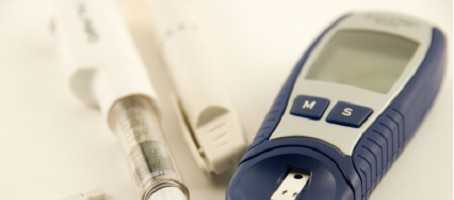The basis of a new drug against type 2 diabetes has been formed by scientists at the Ecole Polytechnique Federale de Lausanne (EPFL).
Working with researchers from Italy and the Netherlands, they found that bile acids activate a little-known receptor that can overcome the loss of insulin sensitivity.
Inflammation in type 2 diabetes
Type 2 diabetes can be triggered when obese people develop inflammation in their fat tissue. This leads to a reduced sensitivity to insulin in fat cells.
The activity of immune cells, known as macrophages, within the fat tissue results in this inflammation, with chemical signals then recruiting further macrophages. As more macrophages accumulate in the fat tissue, insulin resistance develops.
Preventing inflammation
EPFL researcher Kristina Schoonjans led a team that discovered a receptor on macrophages that can inhibit the inflammation of type 2 diabetes. Known as TGR5 in the study, this receptor is activated by bile acids, the collective term for chemicals in our bile.
TGR5 was found by the research team to block chemical signals sent by macrophages to attract further numbers. When activated by compounds similar to bile acids, they were found to significantly reduce inflammation associated with type 2 diabetes.
The researchers’ work was published in the Journal of Clinical Investigatio, with lead author Alessia Perino concluding: “We don’t want to use bile acids for treatment of diabetes, but we are very interested in finding molecules that can mimic the effects of bile acids, and have already discovered several small molecules that can do that”.
What's new on the forum? ⭐️
Get our free newsletters
Stay up to date with the latest news, research and breakthroughs.





